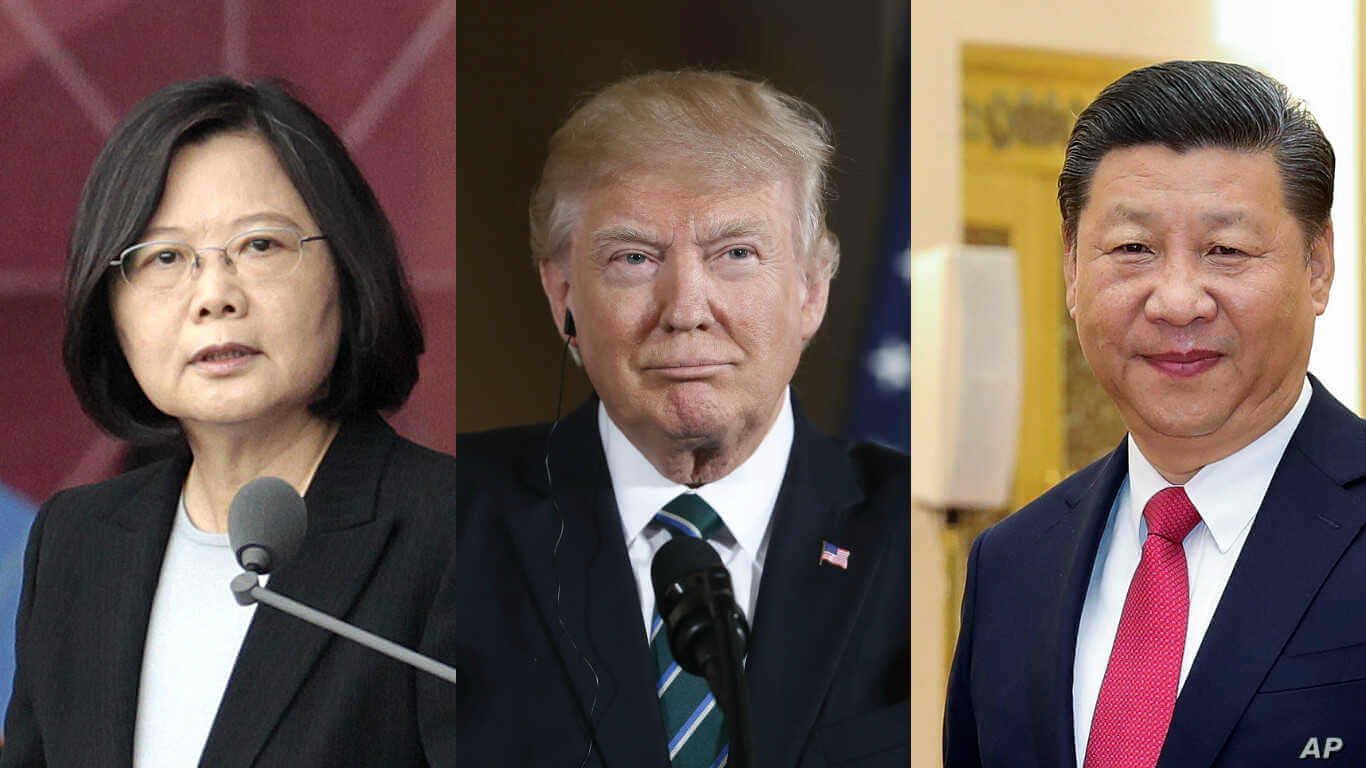The US State Department has formally approved the potential sale of advanced weapons to Taiwan worth approximately $1.8 billion and has notified Congress of its decision.
The announcement comes just a week after Reuters first cited sources familiar with the situation saying that the White House plans to sell multiple sophisticated weapons systems to the self-governed island. , including but not limited to MQ-9 drones, land-based Harpoon anti-ship missiles, and long-range air-to-ground missiles, known as the Standoff Land Attack Missile-Expanded Response (SLAM-ER), High Mobility Artillery Rocket System (HIMARS), and external sensor pods for Taiwan’s fleet of F-16 jets. A notice released by the State Department on Wednesday said that the package includes 135 SLAM-ER missiles and related equipment for more than $1 billion, 11 HIMARS, M142 Launchers, and related equipment for ~$436.1 million, and six MS-110 Recce Pods and related equipment for ~$367.2 million.
The Defense and Security Cooperation Agency, which is the arm of the defense department that oversees foreign arms sales, said that the proposed sale “serves US national, economic, and security interests by supporting the recipient's continuing efforts to modernize its armed forces and to maintain a credible defensive capability”.
Following China’s imposition of the draconian national security law in Hong Kong, the future of Taiwan has been a matter of great concern in the international community, with China stepping up its military maneuvers near Taiwan’s waters and incursions into the latter’s airspace. The US has warned China against attacking Taiwan, arguing that there was a lot of ambiguity about how it would respond in such a situation, in reference to its long-standing policy of strategic ambiguity on the question of whether it would physically defend Taiwan in case of an invasion.
Under the terms of the Taiwan Relations Act, which forms the basis for Washington’s relationship with Taipei, the US is required to provide the island with the means to defend itself. Accordingly, US President Donald Trump has already authorized more than $600 million in arms sales to Taiwan in this year alone. The US has also encouraged Taiwan to significantly increase its defense expenditure in order to effectively counter military threats from Beijing.
Taiwanese Defense Minister Yen De-fa welcomed the development, stating that though Taiwan had no intention of engaging in an arms race with China, the weapons served as an important means (and inspiration) to defend itself in the event of an attack. Experts have noted that the arms were the first meaningful “offensive” weapons provided to Taiwan since 1979. The missiles can be launched from Taiwan and reach the Chinese mainland; however, given their limited numbers and complex targeting requirements, they will most likely be used for deterrence purposes. Mr. Yen said that sale pointed to the US’ prioritization of peace and stability in the Indo-Pacific and Taiwan Strait and that it would only strengthen the US-Taiwan security partnership.
China has reacted strongly to the announcement, reiterating its position that US actions undermine China’s sovereignty. “The move has sent deeply wrong signals to the Taiwan independence secessionist forces, and jeopardized China-U.S. relations, as well as peace and stability across the Taiwan Strait,” the spokesperson for China’s foreign ministry, Zhao Lijian told a daily press briefing, adding “China firmly opposes it.” He also said that China would take the “legitimate and necessary responses in accordance with the developments of the situation”.
Meanwhile, the US State Department stressed that its decision is in line with the terms of the 40-year-old Taiwan Relations Act, saying: “Our longstanding policy on defense sales to Taiwan remains consistent across seven different U.S. administrations, and contributes to the security of Taiwan and the maintenance of peace and stability across the Taiwan Strait”.
US Approves $1.8 Billion Weapons Package to Taiwan
China has voiced firm opposition to the proposed sale, arguing that the US' actions undermined Chinese sovereignty.
October 23, 2020

SOURCE: VOICE OF AMERICA/AP
